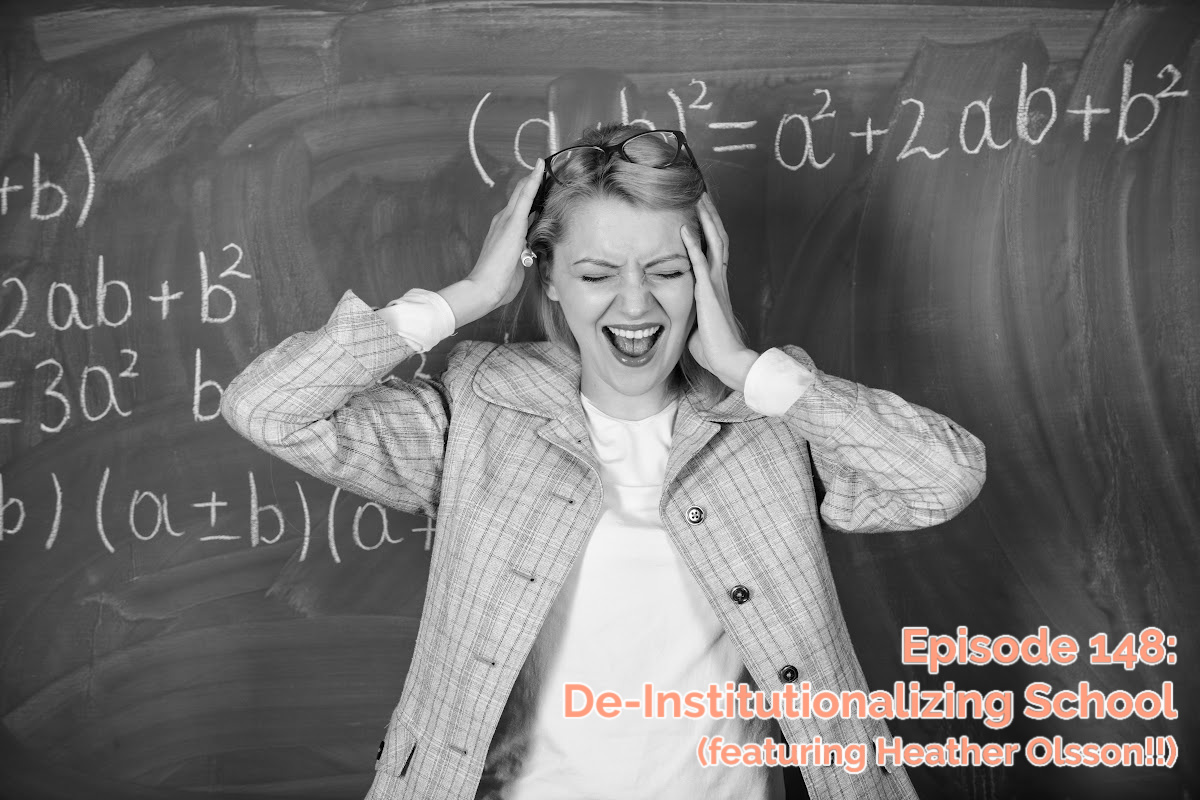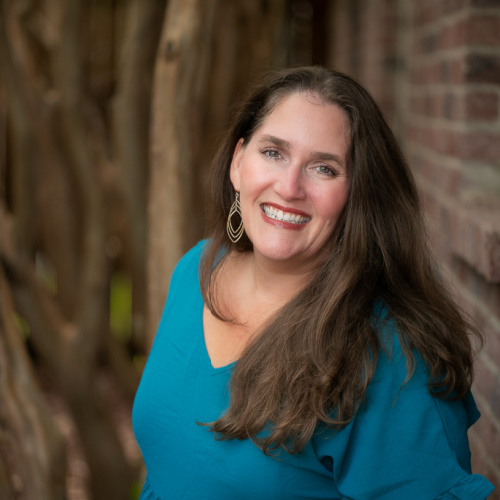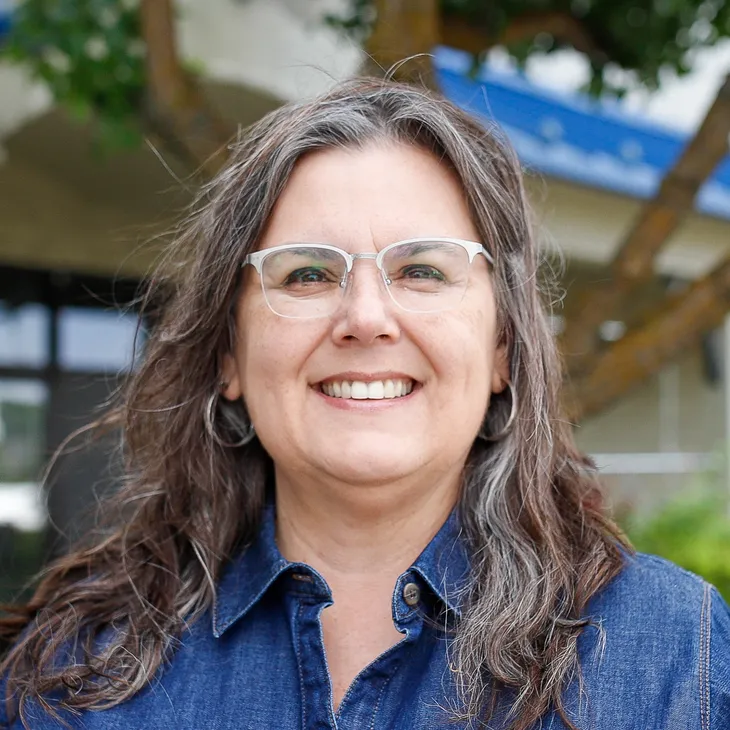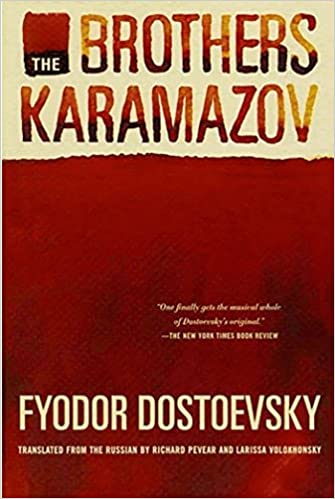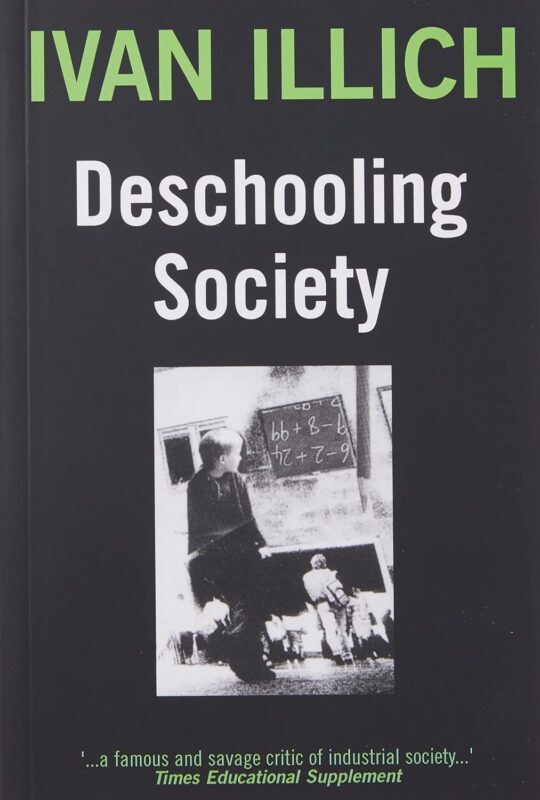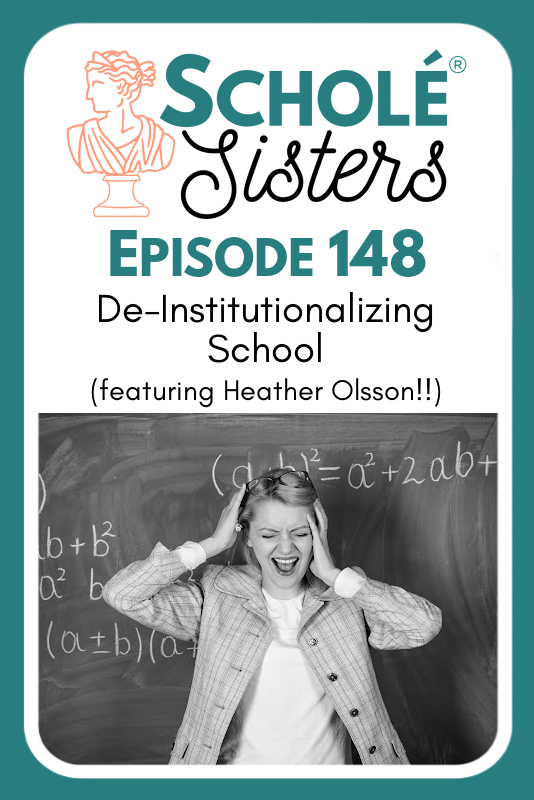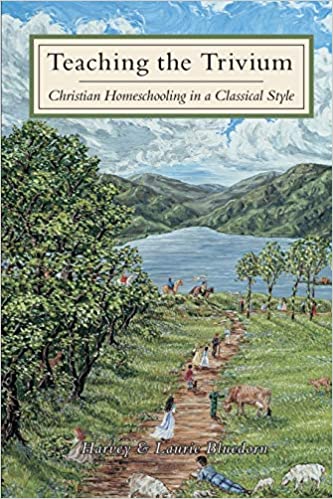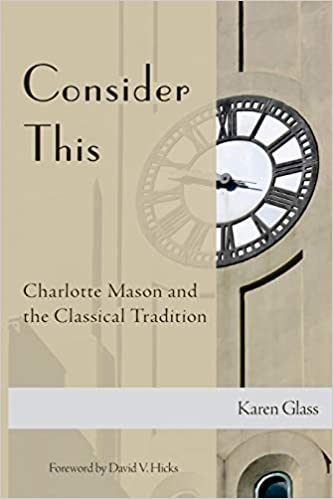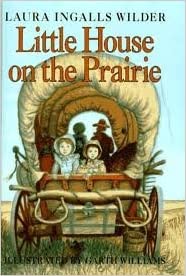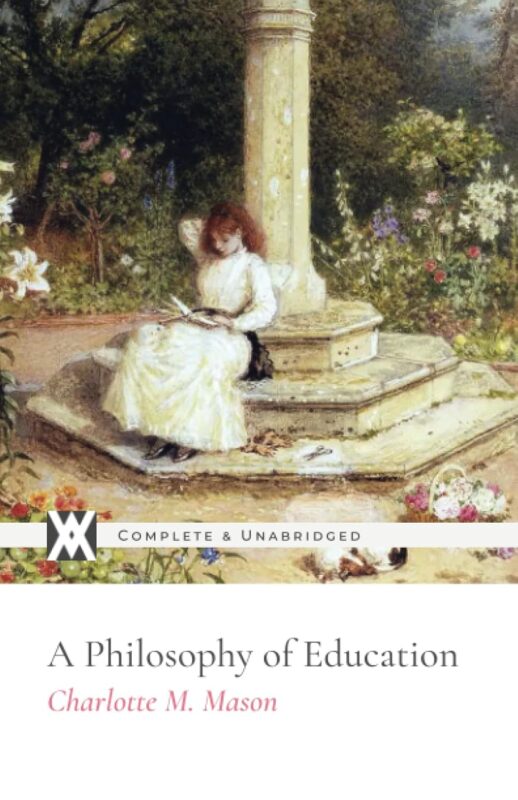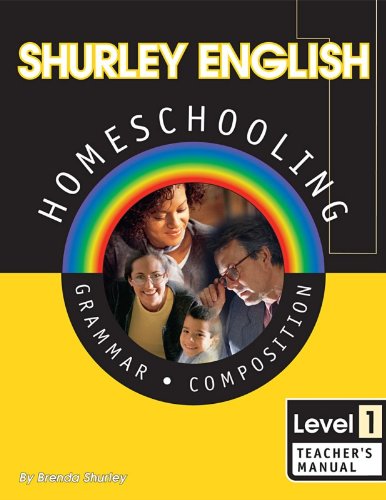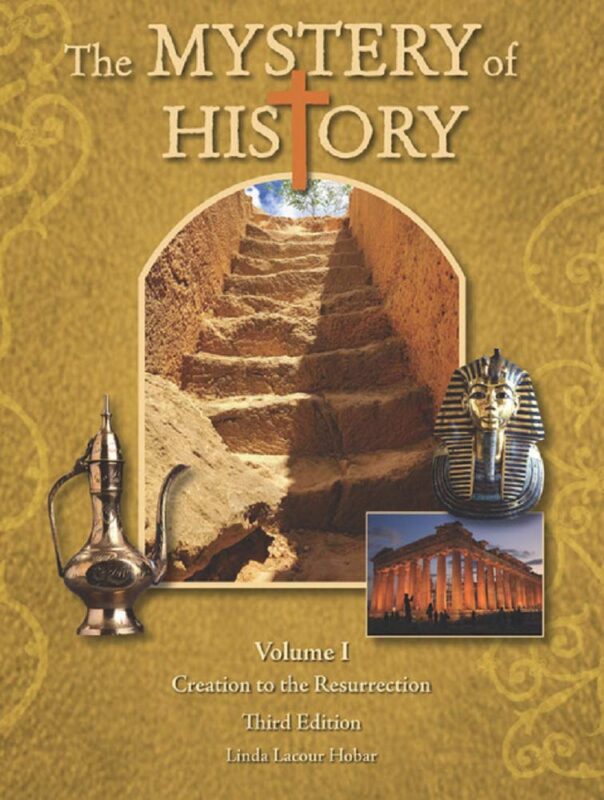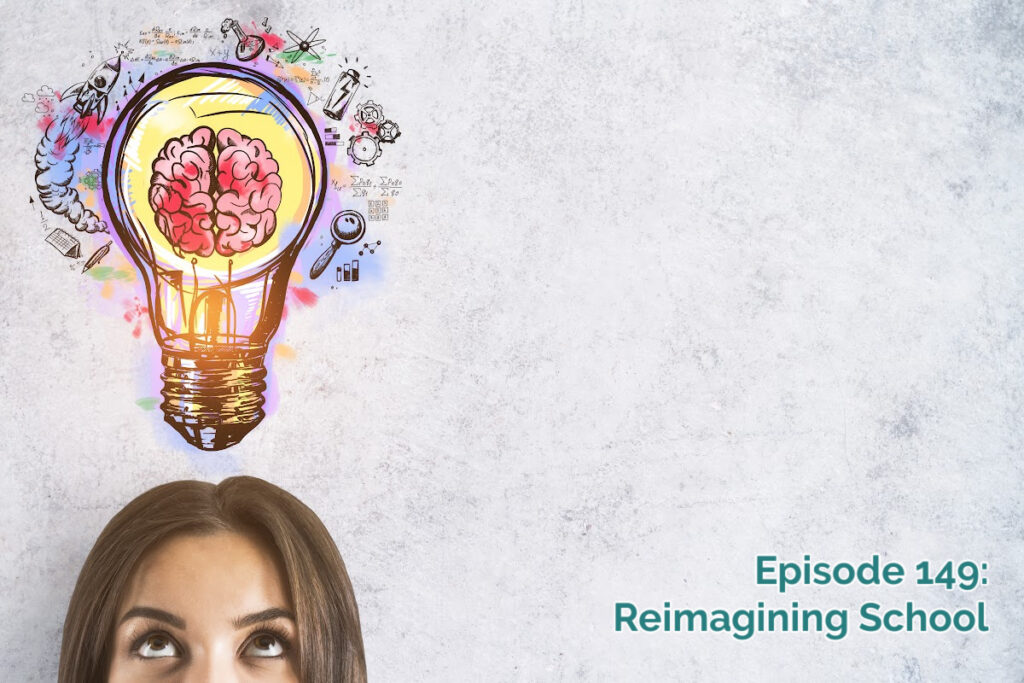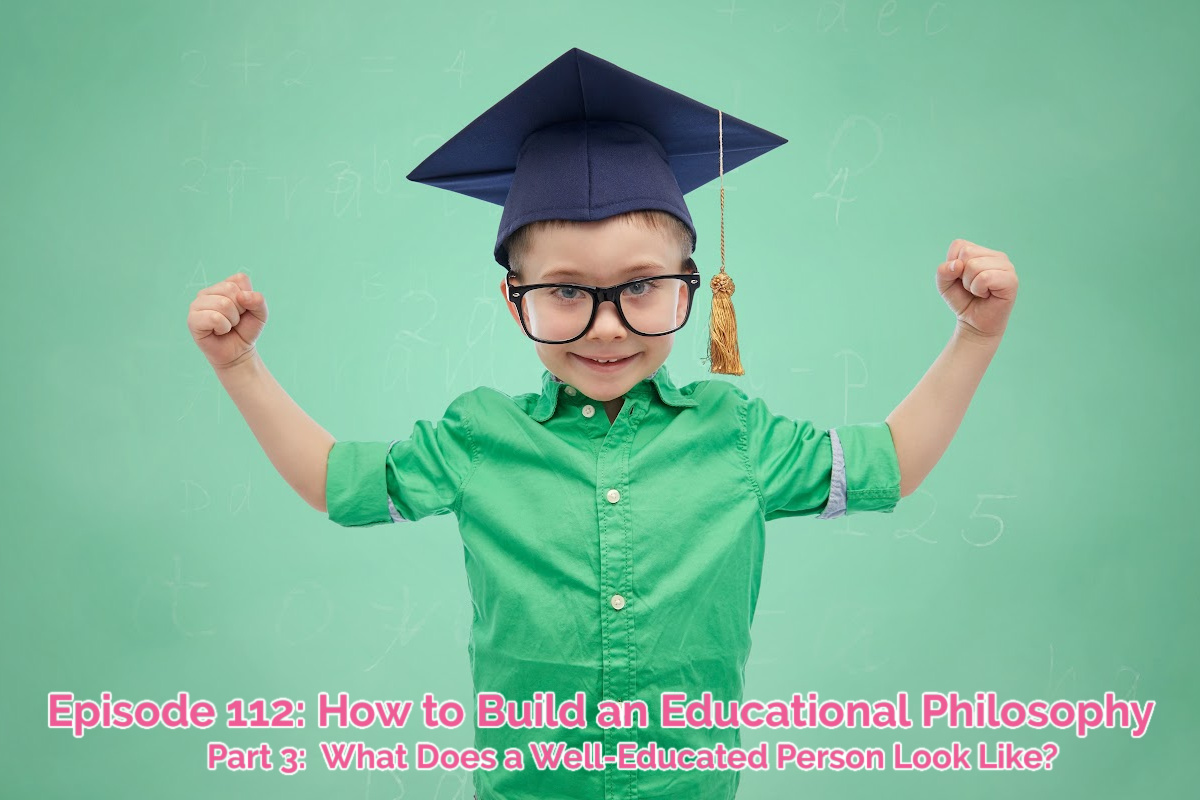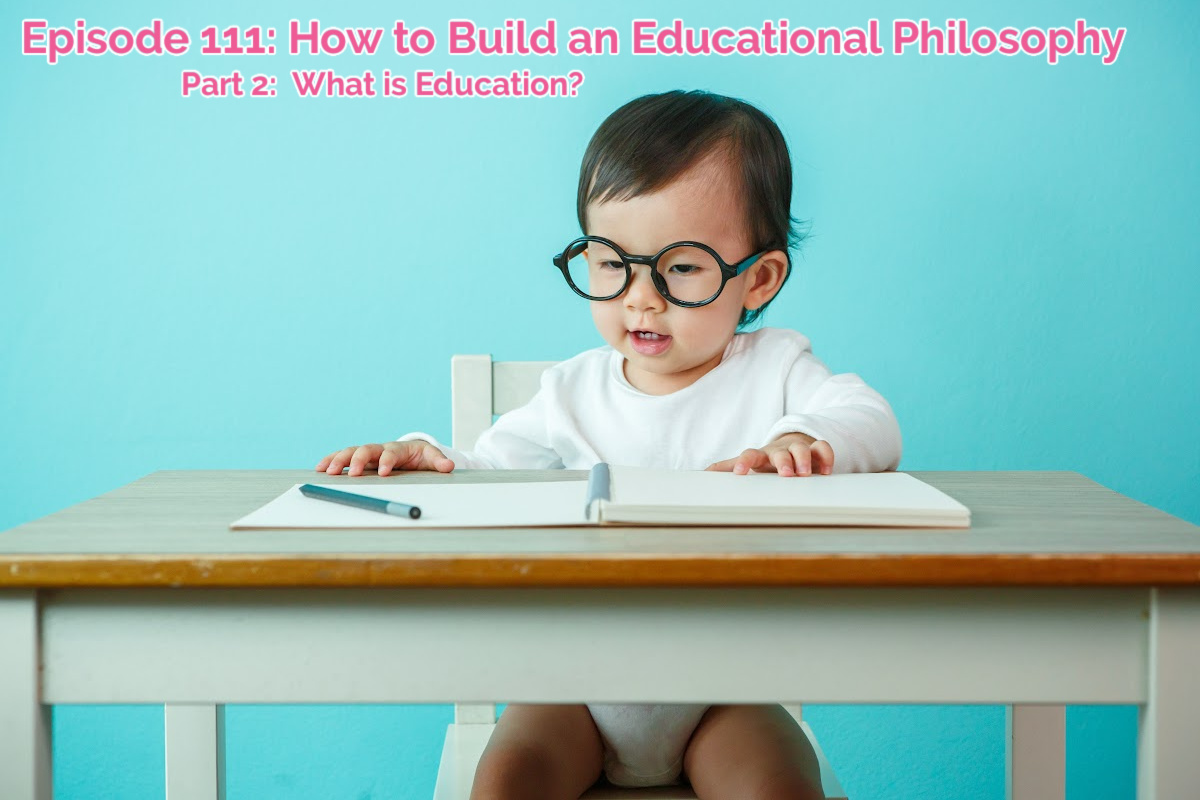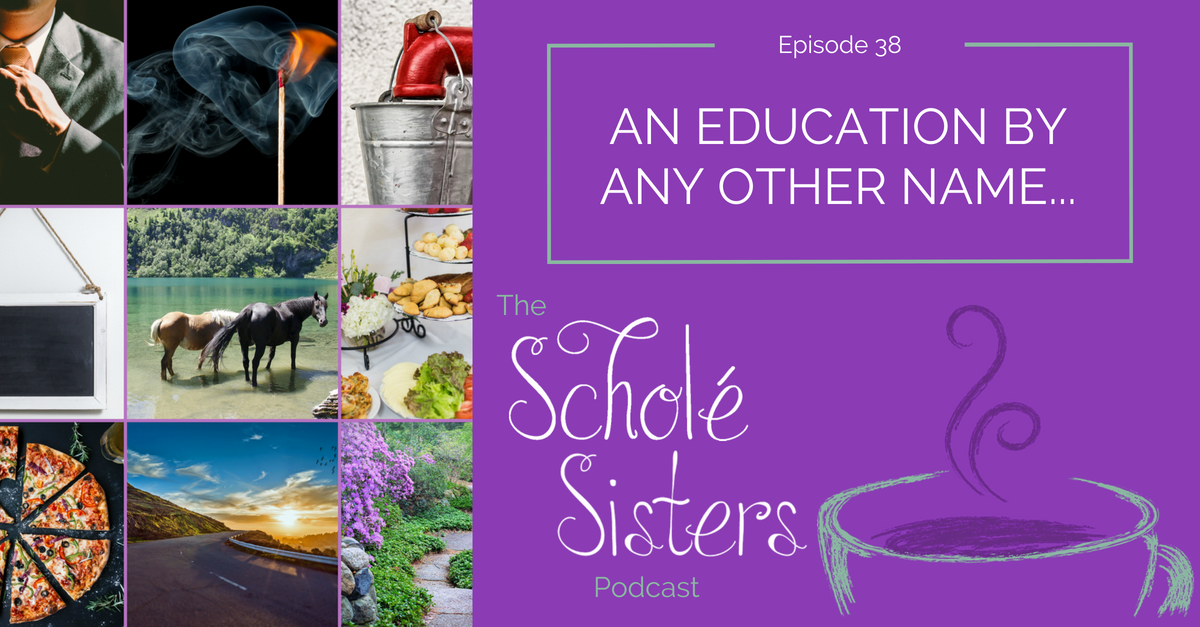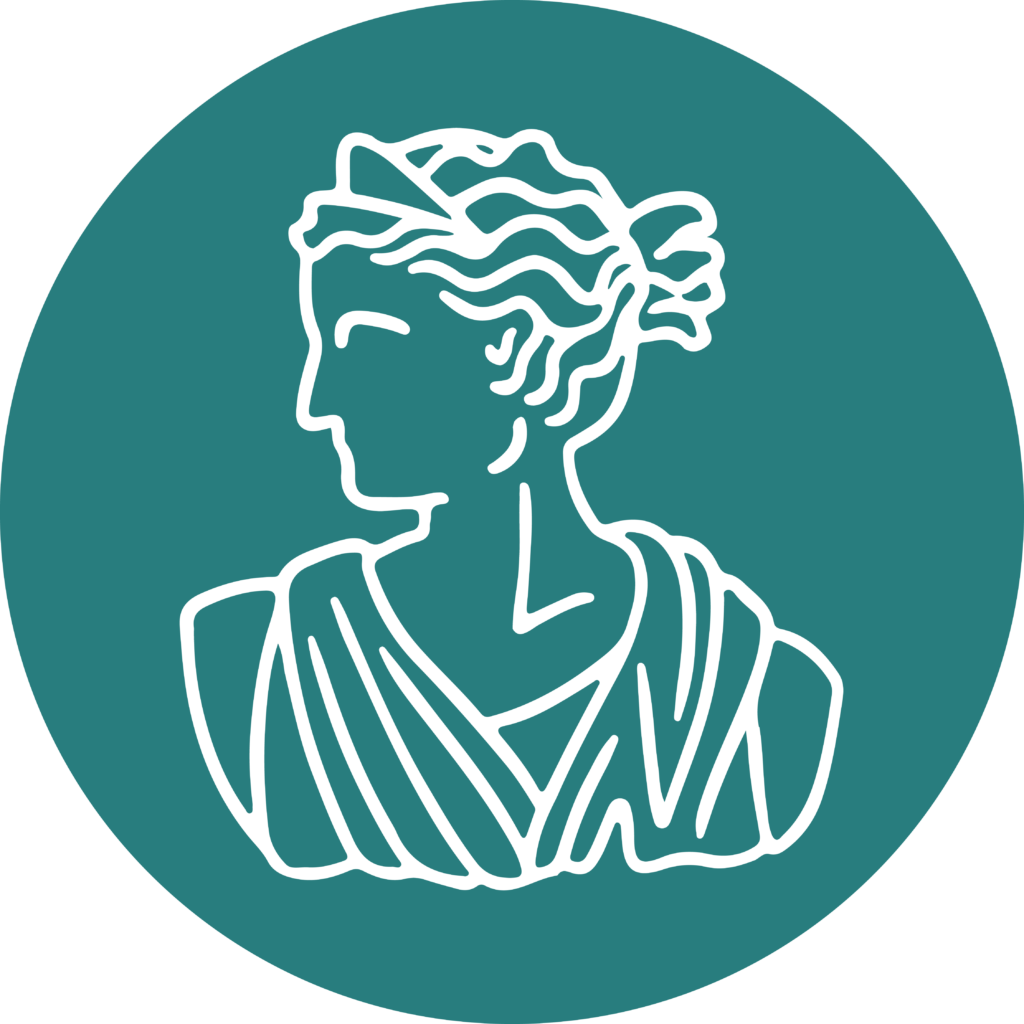SS #148: De-Institutionalizing School (with Heather Olsson!!)
Let’s talk about two totally different approaches to education: the strict, efficient Prussian model and the classical approach, which fosters both wisdom and joy in learning.
If you’ve ever felt that something is off in the way schools typically handle education, the Prussian model might be to blame.
Prussian School Norms
Today’s Hosts and Source
Our guest: Heather Olsson
Heather Olsson is wife to Dr. Phil Olsson, mother to seven, and Mimi to 14 grandchildren. She educated her children at home for 20 plus years. The Olsson family moved from Green Bay, WI to Moscow, Idaho in 2020 where Heather has taught and been a Dean at The Jubilee School. She just began her second year as Head of School at Jubilee and also trains teachers through Concordis Education Partners.
“Our school is really old fashioned. It’s really very much like Laura Ingalls going to school in the one room schoolhouse.”
Heather Olsson
Scholé Every Day: What We’re Reading
Deschooling Society, Ivan Illich
Mystie is reading this title that, though still slightly commie, points out how institutionalizing schools makes all of society more institutional.
Brothers Karamazov, Fyodor Dostoevsky
Heather makes this title a contender for most-mentioned Scholé Everyday.
King Raven series Steven Lawhead
Brandy shares her family read-aloud.
School Model: Prussian Education
The Prussian education model emerged with a primary aim: to produce compliant, industrious citizens who could support the state’s military and industrial ambitions. With this objective in mind, the Prussian system emphasizes:
- Compulsory Attendance and Prescribed Curriculum: All children are required to attend school and follow a government-defined curriculum, ensuring that every student receives the same, state-approved content.
- Age-Based Grades and Standardized Progression: Students are grouped by age, progressing in a lockstep manner rather than based on individual readiness. This structure standardizes learning but often ignores the unique pace at which each child grows.
- Authority and Conformity: A hierarchical classroom dynamic reinforces the need for experts to learn, experts who cannot be questioned. Teachers are trained and licensed within the system’s guidelines to ensure adherence to its pedagogical principles.
- Fragmented Learning: Knowledge is parceled into discrete subjects, with little opportunity for cross-disciplinary synthesis, fostering a sense of separation rather than unity across fields of study.
The Prussian system, therefore, is a utilitarian one, where individuality and critical thinking can be seen as disruptions rather than assets. It values compliance over creativity, and conformity over independent thought.
The Classical Alternative: Education for the Whole Person
In contrast, classical education nurtures the whole person, aligning learning with both natural human curiosity and the pursuit of virtue. The classical model, emphasizes wisdom and understanding as foundational goals. Because it has different goals, it should be also function differently in the school:
- Integrated Learning and Cross-Disciplinary Connections: Instead of compartmentalizing knowledge, subjects are interconnected. For example, studying historical contexts while reading classic literature invites students to see how ideas and cultures influence each other. This integrated learning cultivates a well-rounded understanding and nurtures intellectual curiosity.
- Mastery-Based Progression: Students advance as they master skills rather than based on age or external standards. This personalized pace respects each learner’s unique journey, valuing true learning over the school’s established conveyor belt.
- Dialectic and Socratic Methods: By encouraging dialogue and questioning, classical education supports a journey of discovery and understanding. It does not spoon-feed answers but invites students to wrestle with ideas, fostering genuine engagement with the material.
- Cultivation of Virtue: Education becomes more than acquiring facts; it is about shaping character. Classical education aims to cultivate thinkers who live virtuous lives, inspiring them to contribute meaningfully to their communities.
In every aspect, the classical approach values human dignity and the cultivation of lifelong learners who seek wisdom and virtue. Instead of producing uniform outcomes, it celebrates diversity in thought and individual growth, recognizing education as a journey rather than a destination.
Jubilee School: A Model of Classical Integration
An example of this classical ideal is the Jubilee School, where classical principles are paired with innovative practices.
- Holistic Learning and Creativity: Classrooms are designed for discussion and relational interaction rather than rigid instruction. Teachers adapt lessons to the needs of the class, prioritizing a curriculum that breathes life into learning rather than one that marches everyone along at the same pace.
- Practical Learning: Real-life connections, such as learning about plant varieties in a CSA box or exploring local ecosystems, make education tangible and engaging. By involving students in practical, experiential learning, Jubilee fosters a deep-rooted connection between knowledge and daily life.
- Community Collaboration: Small class sizes and active family involvement create an environment where education is a shared endeavor, reminiscent of the one-room schoolhouses of the past.
A Return to Restful Education
Whether we homeschool, start a co-op, or teach at a school, we must ask if our set up, schedule, and routines aligns with an education to nourish both mind and soul, so that we form not only competent workers but also wise, thoughtful, and virtuous persons.
The Prussian model, chasing productivity metrics and standardization, is the only thing most of the world knows, but it’s proving itself ineffective at even turning out good cogs for the economy.
A truly classical method offers a breath of fresh air—a path toward cultivating thinkers who can engage meaningfully with the world. The classical model calls us back to something deeper and more humane, where education is no longer about conformity, but about fostering souls prepared to pursue truth, beauty, and goodness.
Mentioned in the Episode
Listen to related episodes:
SS#149: Reimagining School
SS #112 – What is an educated person?
SS #111 – What is education?
SS #38: An Education by Any Other Name…
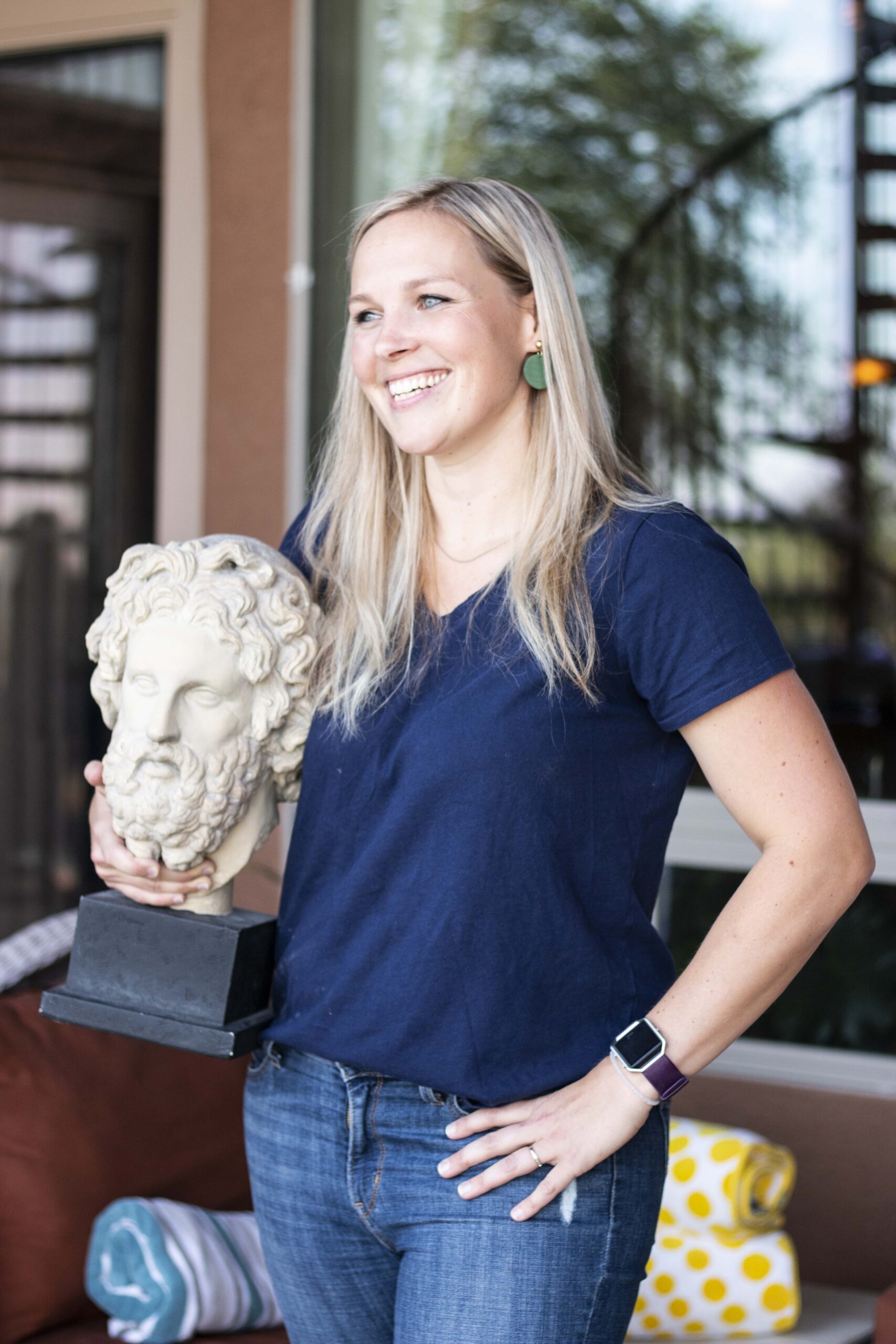
Be a part of the conversation!
Discuss this podcast with other moms inside Sistership.
Podcast: Play in new window | Download

